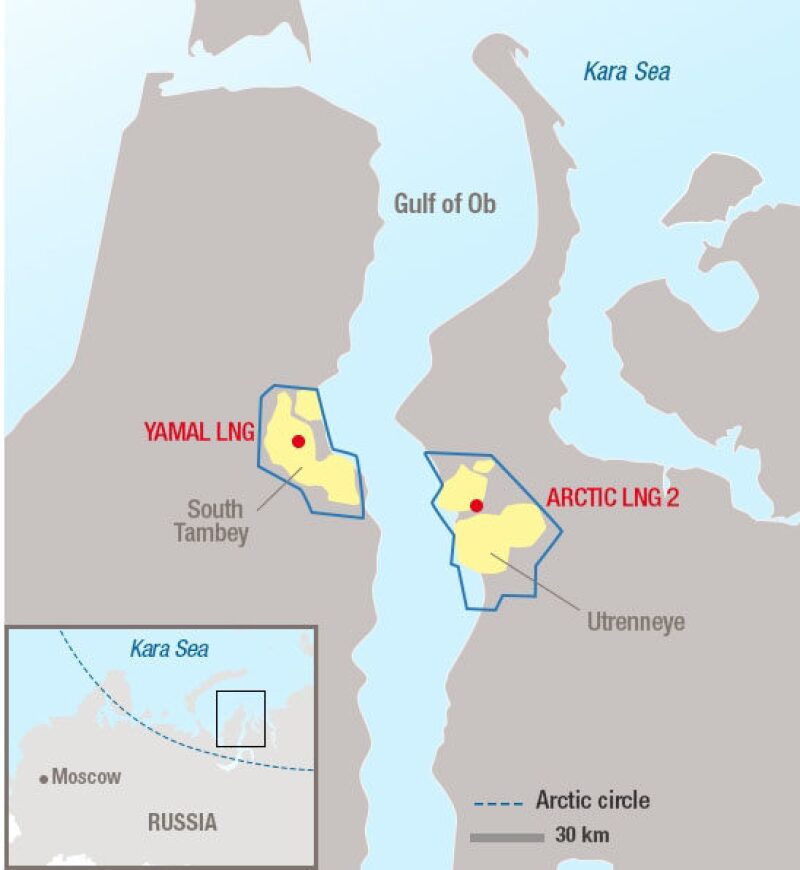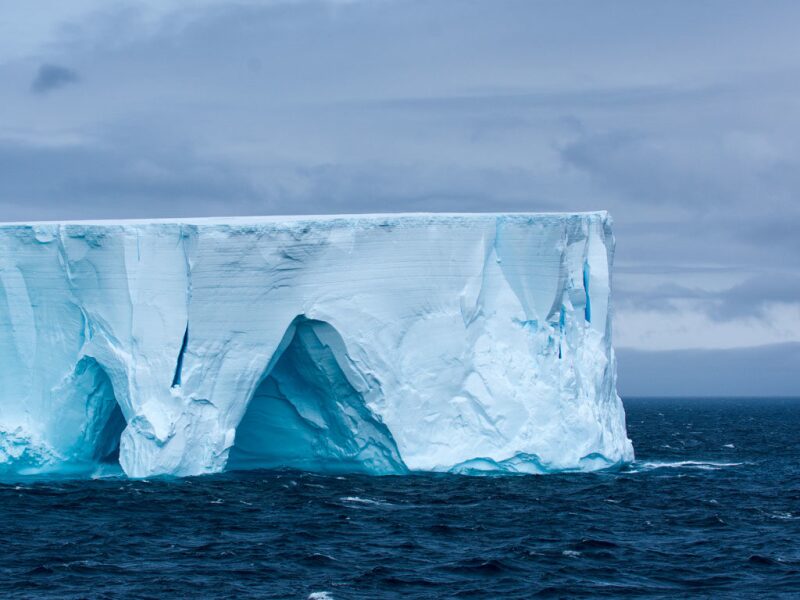Novatek and Repsol have agreed to a 15-year contract to supply 1 mtpa of LNG from the Arctic LNG 2 project and other projects. The LNG will be delivered ex-ship primarily to markets on the Iberian Peninsula.

“The agreement for the sale of LNG would allow us to increase our market presence on the Iberian Peninsula where Russian pipeline gas is not supplied,” Novatek first deputy board chairman Lev Feodosyev said in a statement. “Expanding our supply geography and diversifying our long-term contract customer base is consistent with the company’s strategy to ramp up LNG production in the Russian Arctic.”
The Arctic LNG 2 project will include the construction of three LNG trains at 6.6 mtpa each, using gravity-based structure platforms. The project is based on the hydrocarbon resources of the Utrenneye field, which has total reserves of 41.19 Tcf of natural gas and 57 million tons of liquids. It is expected to develop more than 7 billion boe of resources, with a production capacity of 19.8 million tonnes/yr.
The supply agreement comes one month after Total agreed to buy a 10% stake in the project. Under the terms of that deal, Total will provide some financing through capital investment. The company will also have the opportunity to buy a 10–15% direct interest in all of Novatek’s future LNG projects on the Yamal and Gydan peninsulas. Total said at the time that its overall economic interest in the new project would be around 21.6%, taking into account its 19.4% stake in Novatek.
A final investment decision is expected in the second half of 2019, with plans to start up the first liquefaction train in 2023.

